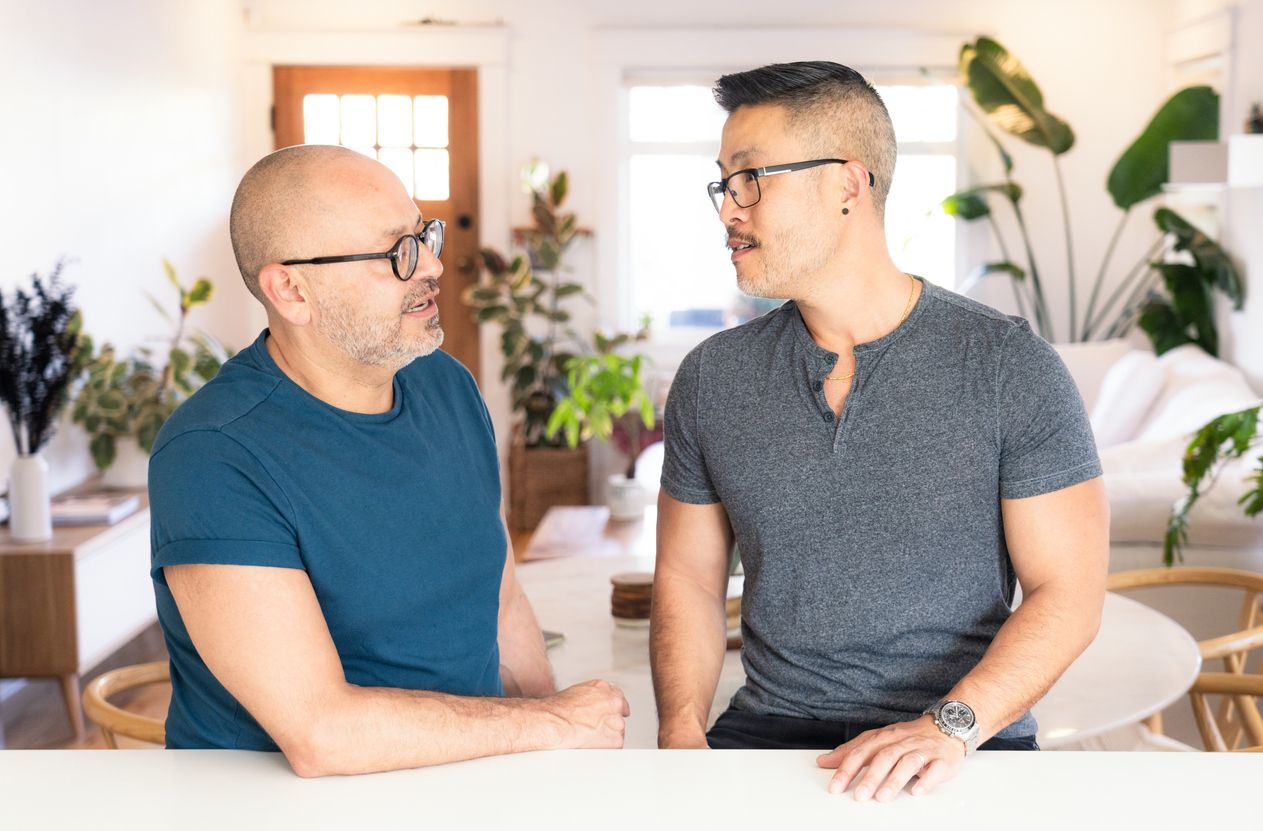Healthcare Team Members
Many medical specialists may be involved in the treatment of your prostate cancer.
Urologists specialize in problems affecting the urinary tract (kidney, bladder, prostate, urethra, penis, and related organs). They are trained surgeons, but may have no formal dedicated training in cancer.
Urological Oncologists are urologists who specialize in the treatment of cancers of the urinary tract (kidney, bladder, prostate, penis, and related organs).
Radiation Oncologists specialize in treating cancer patients with radiation therapy (external, internal, and systemic forms of radiation therapy).
Medical Oncologists specialize in treating cancer with medical therapies, such as chemotherapy, hormone therapy, immunotherapy, and targeted therapies. Your urologic oncologist and/or radiation oncologist may also be equipped to provide systemic therapies, based on their level of expertise.
Nuclear Medicine Physicians specialize in interpreting your imaging scans and may also perform specialized biopsies or deliver radioactive medical therapies.
Pathologists specialize in interpreting the results from your biopsy or surgery to determine the type, extent, and grade of your cancer.
Sexual Medicine Specialists are clinicians with additional training in sexual and hormonal conditions.
Nurse Practitioners (NPs) and Physician Associates (PAs) are advanced practice providers (i.e., “physician extenders”) who work closely with physicians to help you with your care. They are often the first line of response for your questions and concerns and also manage some aspects of routine follow-up care. You may be assigned a nurse case manager who will be your primary contact with your care team.
Oncology Nurses assist in administering therapies and monitoring your overall health as you progress through your treatment.
Dietitians and Nutritionists counsel patients on nutrition and wellness issues to maximize health during and after treatment.
Naturopathic Doctors support patients with complementary medicine and mind-body awareness related to cancer and treatment.
Physical Therapists create and execute rehabilitation programs to restore function and minimize disability following treatment.
Occupational Therapists work with patients to help them develop, recover, and improve the skills needed for daily living and working.
Genetic Counselors specialize in understanding and counseling you about inherited risks of cancer for you and your family.
Social Workers, Therapists & Counselors help patients and their families cope with the emotional, social, financial, and practical aspects of cancer.
Psycho-Oncologists are clinicians with specific training in dealing with the depression, anxiety, and fear related to cancer.
Last Reviewed: 12/2023






